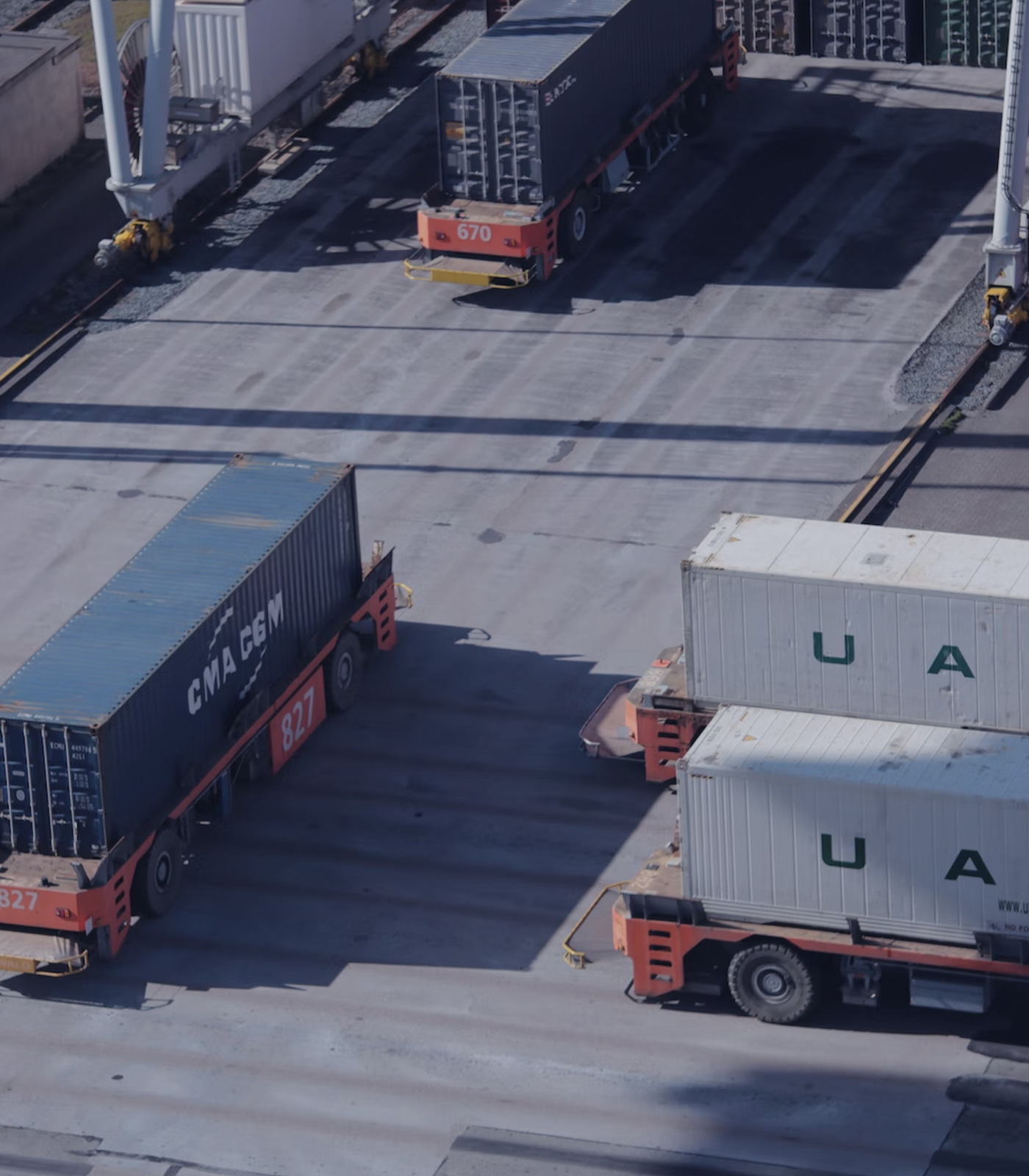

It is a type of payment in which the importer pays the cost of the goods in advance and the exporter agrees to load after receiving the cost of the goods. A discount can be provided to the importer if payment is made in advance. Before the importer accepts this payment method, the importer must have full confidence in the exporter and have no doubt that exporter will send the goods to be traded.

It is a practical and economical way for importers to get their goods from customs after paying the price. After loading, the exporter sends the commercial and financial documents that allow the goods to pass through customs to the importer's bank for delivery in return for the collection fee. The importer's bank does not provide the necessary documents for the actual import of the goods to the importer without paying the cost of the goods.

It is a form of payment that requires the buyer to declare the goods shipped by the seller, seller send these goods together with a representative document and bill of exchange or draft, and to pay the price of the goods on the specified date.
Documents representing the goods will be delivered to the buyer after the buyer accepts the bill of exchange or draft. Acceptance can be made in the form of acceptance letter of credit, documents against acceptance, cash against goods with acceptance. It provides the buyer with the opportunity to purchase goods on a deferred basis.

It is a form of payment in which the exporter loads the goods, sends the documents directly to the importer and the cost of the goods is paid at a specified future date. The main risk of this payment method lies with the exporter as the buyer receives the goods free of charge. This is a preferred payment method when there is a trust relationship between the exporter and the importer.
Since the payment will be made after the delivery of the goods, it is a payment method that carries the least risk for the importer and the highest risk for the exporter. This payment method is considered a kind of credit extended by the seller to the buyer, as the cost of the goods has not yet been paid at the time of actual import at the customs.

It is a form of payment where delivery of the documents is allowed upon buyer’s acceptance of the bill of exchange or draft that had been drawn by the seller without payment. To guarantee the cost of the goods, the seller asks the importer's bank to accept the bill of exchange or draft. If importer's bank adds its aval on the draft, importer's bank will have the obligation to pay. By doing this, the bank guarantees payment in the event that the drawee defaults on payment of the bill at maturity. In other words, it guarantees that the bill of exchange or draft will be paid on time because this collateral stands as a loan. In this way, it is possible to withdraw the goods before the maturity date without making a payment.

These are the guaranteed contracts defining the commitment of the party who undertakes the execution of a certain job, the delivery of a good or the payment of a debt to the relevant party, that if this commitment is not fulfilled, the amount of the letter will be paid by the bank according to the conditions in the letter of guarantee.
On the back of a counter-guarantee, a local guarantee can be arranged through a bank in beneficiary country for customers who do not want or cannot directly assume the country risk of Turkey. Likewise, in transactions requiring a guarantee arrangement from a domestic bank, it can be met on the back of a counter-guarantee from a bank residing abroad.

It undertakes to pay price of the goods to the exporter after they are shipped to importer, provided that they comply with the terms of the letter of credit (type of goods, quantity, delivery time, payment method, etc.). This is a payment method that provides a high level of security for both buyers and sellers. From the buyer's point of view, banks are obliged to pay for goods that comply with the contract, are loaded on time, and are eligible for credit. Otherwise, no payment will be made. From the point of view of the seller, if the conditions of the letter of credit are met, the receivable will be guaranteed by the bank.

A letter of guarantee is a commitment made by the bank to the beneficiary to ensure that the borrower fulfills its obligation. In this letter, the bank undertakes to pay the amount written in the letter of guarantee to the beneficiary without objection, upon the demand of the beneficiary if the borrower does not fulfill its obligations in accordance with the provisions of contract.